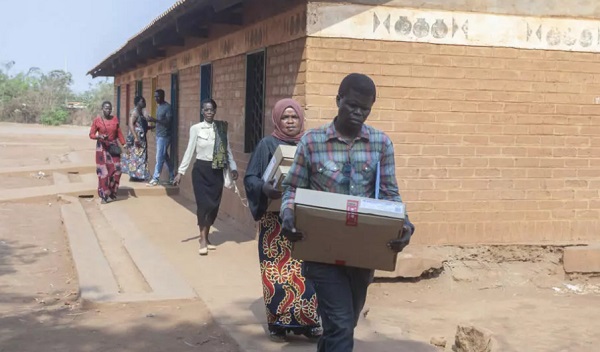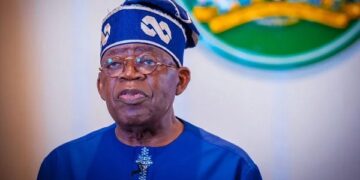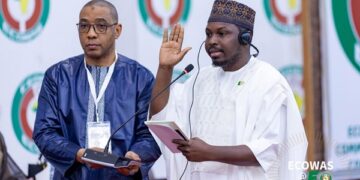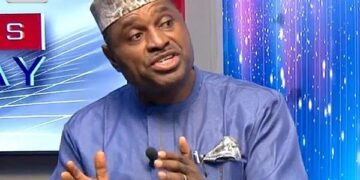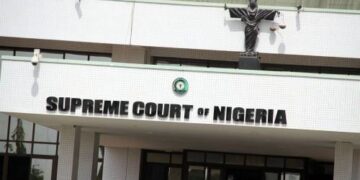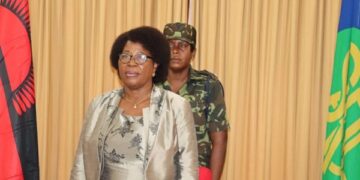LILONGWE, Sept 16 (The African Portal) – Millions of Malawians are heading to the polls in a presidential election dominated by deep economic hardship, with soaring prices and high unemployment shaping voter concerns.
About 7.2 million people are eligible to cast their ballots on Tuesday. Seventeen candidates are standing, but the contest is widely seen as a two-horse race between former president Peter Mutharika of the Democratic Progressive Party (DPP) and incumbent Lazarus Chakwera of the Malawi Congress Party (MCP).
Recent polling by IPOR Malawi placed Mr Mutharika on 41% and President Chakwera on 31%, raising the prospect of a runoff if no candidate crosses the 50% threshold required to avoid a second round.
Economy at the forefront
The election comes as Malawi faces one of its worst economic crises in decades. According to the World Bank, food price inflation has exceeded 20% while the kwacha has lost 44% of its value since 2023. Around a quarter of Malawi’s 23 million people are now considered food insecure.
Most Malawians live below the poverty line in a country heavily dependent on rain-fed agriculture, vulnerable to droughts, cyclones and floods. Youth unemployment is high, with many seeking opportunities in neighbouring countries such as South Africa.
Prices of staples, including maize, have surged, while businesses complain that a scarcity of affordable loans has made survival difficult.
On the campaign trail
At a final rally in Blantyre, Mr Mutharika told supporters clad in party blue that the election was decisive.
“In 2018, you received me here in large numbers,” he said. “But these numbers are more than in 2018. Your votes should exceed 2019. [This election is] very important because we will choose whether this country should continue going down or improve.”
President Chakwera, speaking to crowds in Lilongwe, promised to act on the economic concerns that have dominated campaigning.
“I have heard your concerns about rising prices, shortages of fuel, and delays in business,” he said. “I promise you that the solutions will start from the very day I take the oath again.”
Other contenders include former Reserve Bank Governor Dalitso Kabambe of the UTM Party, Atupele Muluzi of the UDF, and current Vice-President Michael Usi.
History and context
This is only the second election to be held under Malawi’s 50+1 constitutional rule, introduced in 2020 after a landmark Constitutional Court ruling. Since the return to multi-party democracy in 1994, only two leaders—Bakili Muluzi in 1999 and Bingu wa Mutharika in 2009—have won outright majorities.
Political analyst Wonderful Mkutche told the BBC the vote is being shaped by hardship.
“Malawians are feeling the pinch of the economy. And that has also made most of the voters or Malawians focus on what the leaders are saying in terms of the economy,” he said.
The Malawi Electoral Commission has confirmed all 17 presidential candidates and must announce results within eight days, unless otherwise directed by a court. Six international observer missions are monitoring proceedings.
As polling takes place from busy townships like Manje to remote rural areas, the overriding question for many Malawians is whether the next leader can deliver economic relief.
This article was written with additional files from RFI
